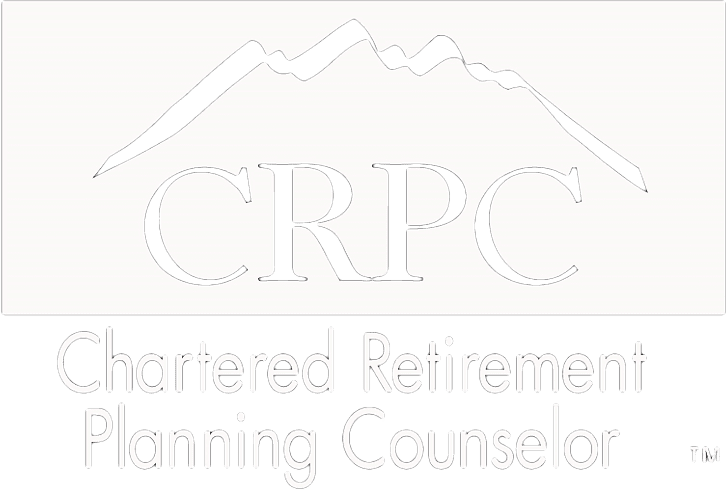After just a few months, the coronavirus pandemic is already putting a strain on the personal and financial lives of many Americans. Fortunately, the government has been able to provide some forms of relief. If the pandemic continues, we may see additional relief legislation passed. For now, below is a summary of some of the available relief that may apply to many people. There surely is other relief available, and as always, be sure to look into the details of each source of relief for eligibility, expiration, and application.
2019 TAX RETURNS
Due to the pandemic, in March the Treasury Department and the IRS extended the tax filing deadline for 2019 taxes due on April 15, 2020 to July 15, 2020. Tax returns and any income taxes owed will not be due until July 15. This is for personal tax returns, as well as for calendar year corporations. Employers can defer paying the employer portion of certain payroll taxes through the end of 2020, with all 2020 deferred amounts due in two equal installments, one at the end of 2021, the other at the end of 2022. Deferral is not provided to employers that avail themselves of SBA 7(a) loans designated for payroll. If you run a small business as a corporation with a calendar year fiscal year then this could apply to you and your business.
THE CARES ACT AND STIMULUS PAYMENTS
Congress also passed the Coronavirus Aid, Relief, and Economic Secure (CARES) Act. I’m sure, by now, that you’ve heard of it. One of the things the CARES Act provides is direct coronavirus relief payments to individuals and families, including a provision to pay most adults $1,200 and most children $500 to help make ends meet during the crisis. These payments are automatically sent to anyone who filed a tax return last year or already this year and anyone who received Social Security retirement, disability or survivor benefits, Supplemental Security Income benefits, or VA benefits in 2018 or 2019.
Social Security recipients do not need to file a tax return if you received a SSA-1099 form in 2018 or 2019. You will automatically be enrolled and will receive a payment based on your Social Security income. Most SSI recipients will need to file a tax return to receive a payment. If you didn’t already file a tax return for 2018 or 2019 or didn’t receive a SSA-1099 form either year for Social Security benefits, you should file a tax return for 2019 now.
You need to have filed either a 2018 tax return or a 2019 tax return. If you have not filed either, you will not be eligible. You can file a 2019 tax return now to claim the rebate, and anyone who did not file a tax return or receive Social Security, Supplemental Security Income, or VA benefits must register with the IRS to receive a rebate. You can do so here —> https://www.irs.gov/coronavirus/non-filers-enter-payment-info-here. Social Security, Supplemental Income, and VA benefits recipients with dependent children must also register using the link above to ensure their children are included.
Most single adults will receive $1,200 and married couples will receive $2,400, plus an additional $500 for each dependent child under the age of 17. There is no qualified income threshold or requirement to receive the rebate. However, the payment does phase out at a 5% rate above adjusted gross incomes of $75,000 for single filers, $112,500 for heads of household, and $150,000 for married filing jointly filers.
The IRS will send payments via direct deposit if direct deposit was used with the most recent tax return or to the address provided on the most recent tax return. Individuals who didn’t originally sign up for direct deposit can update their information using the “Get My Payment” page on the IRS website to receive payment faster —> https://www.irs.gov/coronavirus/get-my-payment. Rebates sent via direct deposit will take a few weeks. Stimulus payments sent via checks may take a few months. These stimulus payments will not be taxable, and they will not be subject to garnishment, except if back child support is owed.
UNEMPLOYMENT BENEFITS
New unemployment insurance provisions have been passed as part of the CARES Act. In an attempt to provide coverage to average Americans equal to their paychecks. D uring the pandemic there is a $600 per week increase above normal benefits until July 31. The legislation also encourages states to waive periods before individuals can receive benefits. In California, due to the COVID-19 pandemic, the 7-day waiting period is waived for claims beginning on or after January 19, 2020. After you submit your first two-week continued certification, you will be paid for the first week of your claim. Another temporary exception in California is that individuals receiving unemployment benefits are not required to look for work each week to be eligible for benefits.
Under the CARES Act unemployment insurance automatically adds an additional 13 weeks of federally funded unemployment insurance to state coverage. The CARES Act also temporarily expands unemployment insurance to cover individuals who are not traditionally covered, including part-time, self-employed, gig economy workers, independent contractors, and workers with irregular work history. It also expands the list of allowable criteria for claiming unemployment compensation to include many reasons related to the COVID-19 public health emergency.
Californians can apply for unemployment benefits through the California Employment Development Department. The best way to begin the process is by applying on the EDD website.
COVERED CALIFORNIA SPECIAL ENROLLMENT PERIOD
If you’re currently uninsured, have recently become unemployed, if you weren’t aware of the new state penalty, or if you weren’t aware of the new financial assistance that can help lower your premiums, Covered California has opened a special enrollment period through June 30 to allow Californians to sign up for health care coverage in light of the coronavirus pandemic. If you are currently uninsured, you are eligible to sign up for health care coverage if you have recently become unemployed or if you weren’t aware of the new state penalty or new financial assistance that can help lower your premiums.
PAID SICK LEAVE
You may be entitled to new paid sick leave benefits as part of the Families First Coronavirus Response Act passed by Congress. The FFCRA requires some employers to provide employees with paid sick leave or expanded family and medical leave for certain reasons related to COVID-19. These provisions are effective through December 31, 2020.
The FFCRA provides that employees of covered employers are eligible for:
- Two weeks (up to 80 hours) of paid sick leave at your regular rate of pay if you are unable to work because of a quarantine (ordered by federal, state, or local government or on the advice of a health care provider) or because you are experiencing COVID-19 symptoms and seeking a medical diagnosis; or
- Two weeks (up to 80 hours) of paid sick leave at two-thirds of your regular rate of pay if you are unable to work while caring for someone who has been quarantined, or to care for a child whose school or child care provider is closed for reasons related to COVID-19; and
- Up to an additional 10 weeks of paid family and medical leave at two-thirds your regular rate of pay if you have worked for your employer for 30 days or more and must take leave to care for a child whose school or child care provider is closed due to COVID-19.
The paid sick leave and expanded family and medical leave provisions described above apply to businesses with fewer than 500 employees. Covered employers qualify for dollar-for-dollar reimbursement through tax credits for wages paid under the Families First Coronavirus Response Act. Small businesses with fewer than 50 employees may qualify for exemption from the requirement to provide leave due to school closings or child care unavailability if the leave requirements would jeopardize the viability of the business.
HELP FOR HOMEOWNERS & RENTERS UNDER THE CARES ACT
The recently passed CARES Act contains protections for homeowners and renters in certain kinds of housing.
Homeowners with a loan insured or guaranteed by FHA, VA, USDA, HECM, the 184 program, the 184A program, or backed by Fannie Mae or Freddie Mac are protected by a foreclosure moratorium beginning March 18, 2020 and currently set to expire August 31, 2020. The moratorium was extended from its original expiration of June 30. This moratorium means that the servicer should not move to evict the homeowner from their home, sell their home, or file for foreclosure during that period. After August 31, all foreclosure actions will recommence unless the moratorium is extended again, so borrowers should still work with their loan servicer throughout this time.
Renters who have trouble paying rent have protections under the CARES Act if they live in a property that participates in the federal housing programs below or has a federally backed loan. Owners of these properties cannot file evictions or charge fees for nonpayment of rent to renters for 120 days following enactment of the bill, and cannot issue a 30-day notice to leave the property to a renter until after the 120-day moratorium.
HELP FOR RENTERS IN LOS ANGELES AND VENTURA COUNTY
Los Angeles County issued a temporary eviction moratorium, effective March 4, 2020 to July 31, 2020, and may be extended on a month-to-month basis. The moratorium implements a County-wide ban on evictions for residential and commercial tenants, and space renters living in mobile home parks, for nonpayment of rent, if the tenant or space renter can show they have been financially impacted related to the COVID-19 pandemic.
The moratorium prohibits evictions for nonpayment of rent due to a COVID-19 related reason, no-fault reasons under the County Code, and COVID-19 related violations due to unauthorized occupants, pets, or nuisance. The moratorium also prohibits rent increases for rent-stabilized rental units in unincorporated Los Angeles County subject to Chapter 8.52 of the Los Angeles County Code, and mobile home spaces subject to Chapter 8.57 of the Los Angeles County Code. There is also a prohibition against imposing new pass-throughs or charging late fees, interest, and any related charges for unpaid rent accrued during the moratorium period.
Residential tenants and commercial tenants with nine or fewer employees will have up to 12 months following the end of the moratorium period to repay any past due payments. Commercial tenants with 10-100 employees will have up to six months following the end of the moratorium to pay back any past due rent in equal payments unless prior arrangements have been made with the property owner.
Tenants are responsible to provide notice to their landlord if they are unable to pay rent within 7 days after rent is due, unless extenuating circumstances exist. Tenants are encouraged to deliver notice to their landlord in writing. If they are able to do so, tenants are encouraged to pay partial rent during the moratorium. Landlords must accept a tenant’s self-certification as a valid form of notice and should not harass or intimidate tenants that exercise their rights under the moratorium. Tenants and landlords are encouraged to work out a payment plan during and after the moratorium. If your city has its own moratorium, Los Angeles County’s rules do not apply.
For Ventura County, most local cities have extended the moratorium until the end of September. Ventura County cities of Oxnard, Camarillo, Simi Valley, Santa Paula, Fillmore and Thousand Oaks automatically extend the expiration date of the local eviction moratorium in accordance with Governor Gavin Newsom’s executive order, providing eviction protections through September 30. Protections will continue indefinitely in the cities of Ventura and Ojai because the end date is specifically tied to the end of the local emergency. Moorpark eviction moratorium will expire on July 28 unless there is an extension approved by local officials.
Most Ventura County local ordinances require tenants to notify their landlord that they cannot pay rent due to the coronavirus within 30 days of the rent due date. Notification must be in writing and must provide documentation of the lost income or additional expenses. Reasons for nonpayment of rent can include layoffs or a reduction in work hours, medical expenses, or childcare costs related to the coronavirus. In many cities, tenants must repay the back rent within six months of the local emergency ending.
HELP FOR STUDENT LOAN BORROWERS
There are several provisions in the CARES Act to help college students through this difficult time. Federal work-study payments to students who are unable to work will continue. Monthly student loan payments and interest for most federal student loan borrowers will be suspended through September 30, 2020.
The CARES Act acknowledges the circumstances of students who dropped out of school due to the coronavirus pandemic and does not require them to return unused Pell Grants or federal student loans. In addition, the CARES Act protects these students’ future Pell Grant or other financial aid program eligibility.
BANKING
The CARES Act allows banks and credit unions more flexibility to work with borrowers affected by the COVID-19 pandemic. It is recommended that borrowers contact their lender directly to discuss the options available to them.
BANKRUPTCY
The CARES Act allows more small businesses to reorganize under Chapter 11 using procedures that are less expensive and that allow small business owners to retain control of their operations through the bankruptcy reorganization process. Small businesses with up to $7.5 million in debt can take advantage of streamlined Chapter 11 procedures. The bill allows individuals and families currently in Chapter 13 who are experiencing financial hardship due to the COVID-19 pandemic to request a modification of their Chapter 13 plans, including extending their payments for up to 7 years.
CHILD CARE
States can use their funding through the Child Care and Development Block Grant (CCDBG) to provide child care assistance to health care sector employees, emergency responders, sanitation workers, and other workers that are deemed essential during the COVID-19 response by public officials.
UTILITY SHUT-OFFS
In California, there are utility shut off moratoriums that have been put in place by the California Public Utilities Commission. Electricity and gas investor owned utilities (IOUs) such as Southern California Edison, and Southern California Gas Company were ordered by the CPUC to suspend service disconnection due to non-payment for both residential and commercial customers until April 16, 2021. The electric and natural gas IOUs are offering customers the opportunity to create flexible payment plans if financial hardship is a challenge. Community Choice Aggregators for electricity are suspending service disconnections due to non-payment for both residential and commercial customers until further notice. All large water and sewer IOUs are suspending service disconnections due to non-payment for both residential and commercial customers until further notice. Some electric and natural gas POUs, such as Los Angeles Department of Water and Power, are suspending service disconnections due to non-payment for both residential and commercial customers until further notice. Many of the larger water and sewer POUs are also suspending service disconnections due to non-payment for both residential and commercial customers until further notice.
BOTTOM LINE
There a lot of options for relief during the COVID-19 pandemic. These are just some of the relief options that may apply to you. The accompanying checklist will help you navigate through some of the common and basic relief options available. It’s a free immediate download if you fill out the form below.
Be sure to research if there are any other relief options available to you. If you need help with these relief options or finding other relief options that may apply specifically to you, feel free to...
This content is developed from sources believed to be providing accurate information. The information in this material is not intended as investment, tax, or legal advice. It may not be used for the purpose of avoiding any federal tax penalties. Please consult legal or tax professionals for specific information regarding your individual situation. The opinions expressed and material provided are for general information, and should not be considered a solicitation for the purchase or sale of any security. Digital assets and cryptocurrencies are highly volatile and could present an increased risk to an investors portfolio. The future of digital assets and cryptocurrencies is uncertain and highly speculative and should be considered only by investors willing and able to take on the risk and potentially endure substantial loss. Nothing in this content is to be considered advice to purchase or invest in digital assets or cryptocurrencies.

Enjoying Escient Financial’s Insights?
The weekly newsletter is usually delivered to your email inbox Friday or Saturday, and includes:
- the latest Escient Financial Insights articles
- a brief of the week's important news regarding the markets
- recommended third-party reads
- selected Picture of the Week
Escient Financial does NOT sell subscriber information. Your name, email address, and phone number will be kept private.

















